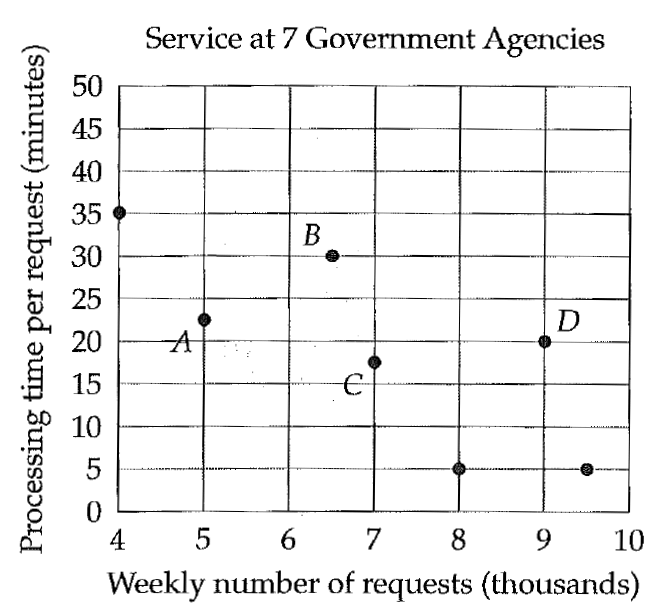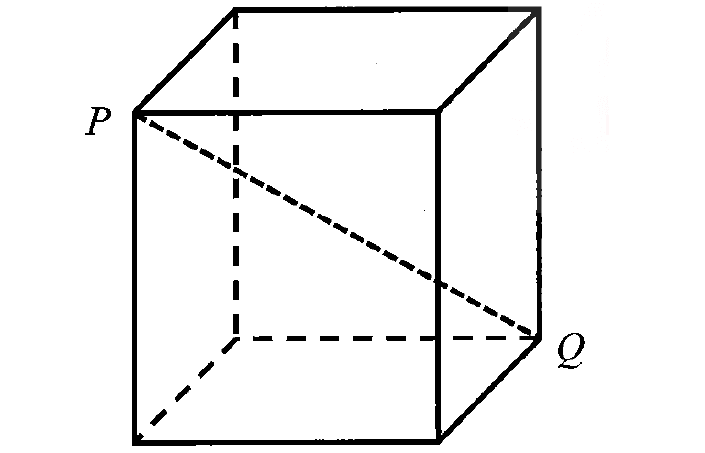EQUAL AND EQUIVALENT SETS
Equal Sets :
Two sets are said to be equal if they contain exactly the same elements, otherwise they are said to be unequal.
In other words, two sets A and B are said to be equal, if
(i) every element of A is also an element of B
(ii) every element of B is also an element of A
Equivalent Sets :
Two finite sets A and B are said to be equivalent, if they contain the same number of elements.
If A and B are equivalent sets, then n(A) = n(B)
Solved Questions
Question :
Which of the following sets are equivalent or unequal or equal sets?
(i) A = The set of vowels in the English alphabets.
B = The set of all letters in the word “VOWEL”
Solution :
A = {a, e, i o, u}
B = {V, O, W, E, L}
n(A) = 5, n(B) = 5
Since n(A) = n(B), they are equivalent sets.
(ii) C = {2, 3, 4, 5}
D = { x : x ∈ W, 1 < x < 5}
Solution :
D = {2, 3, 4}
The number of elements are not same and set D contain 1 lesser element than C. Hence they are unequal sets.
(iii) E = The set of A={ x : x is a letter in the word “LIFE”}
F = {F, I, L, E}
Solution :
E = { L, I, F, E }
F = {F, I, L, E}
In both sets we have same elements. Hence they are equal sets.
(iv) G = {x : x is a prime number and 3 < x < 23}
H = {x : x is a divisor of 18}
Solution :
G = {5, 7, 11, 13, 17, 19} and n(G) = 6
H = {1, 2, 3, 6, 9, 18} and n(H) = 6
Since the number of elements of both sets are same. They are equivalent sets.
Kindly mail your feedback to v4formath@gmail.com
We always appreciate your feedback.
©All rights reserved. onlinemath4all.com
Recent Articles
-
Digital SAT Math Problems and Solutions (Part - 153)
Apr 29, 25 12:18 PM
Digital SAT Math Problems and Solutions (Part - 153) -
Digital SAT Math Problems and Solutions (Part - 152)
Apr 28, 25 11:54 AM
Digital SAT Math Problems and Solutions (Part - 152) -
Digital SAT Math Problems and Solutions (Part - 151)
Apr 26, 25 11:18 AM
Digital SAT Math Problems and Solutions (Part - 151)

